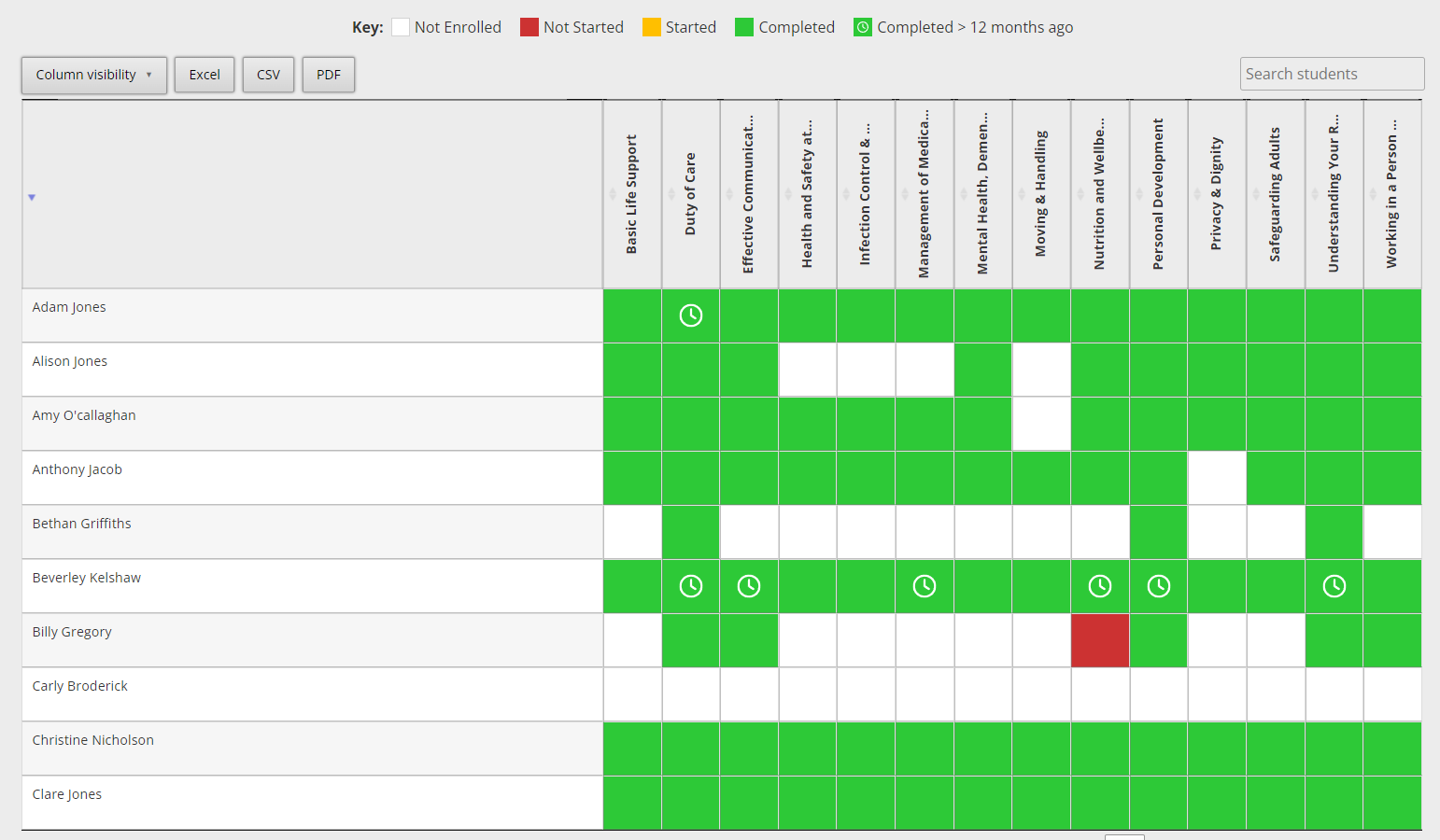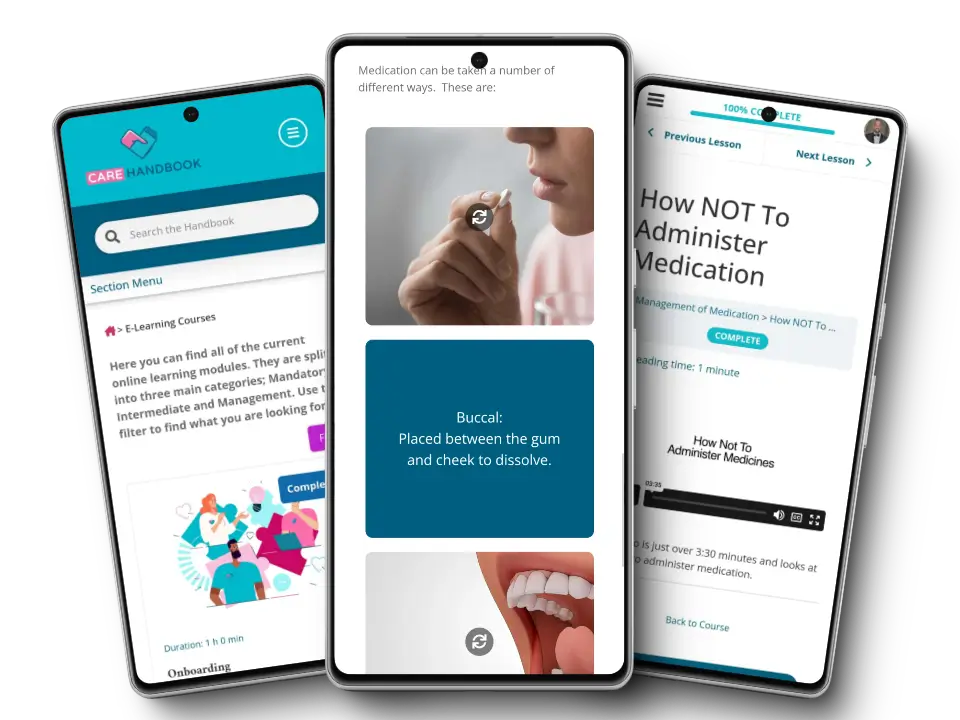Introduction to E-Learning in Social Care
The social care sector is at a critical juncture. With growing demands on services, workforce shortages, and an ever-evolving regulatory landscape, organisations must find innovative ways to upskill their teams, improve compliance, and maintain high standards of care. Enter e-learning: a flexible, cost-effective, and scalable solution that is transforming how care professionals acquire knowledge and skills.
E-learning, or digital learning, refers to the use of online platforms and resources to deliver training and education. While it has been widely adopted in many industries, its potential in social care is only just beginning to be fully realised. From mandatory training to specialised modules, e-learning offers a tailored approach that meets the unique needs of care providers and their teams.
Why E-Learning Matters in Social Care
The social care workforce plays a vital role in supporting some of the most vulnerable individuals in society. Ensuring that staff are adequately trained and confident in their roles is not just a regulatory requirement—it’s a cornerstone of delivering high-quality, person-centred care. Traditional methods of training, such as in-person workshops, can be expensive, time-consuming, and logistically challenging. E-learning addresses these issues by offering:
-
Flexibility: Staff can access training materials anytime, anywhere, fitting learning around their work schedules.
-
Consistency: E-learning ensures that all staff receive the same high-quality training, regardless of location or time constraints.
-
Cost Efficiency: Reducing the need for travel, venue hire, and printed materials makes e-learning a more affordable option.
-
Scalability: Whether you’re training five staff members or 500, e-learning platforms can accommodate varying organisational sizes with ease.
-
Improved Retention: Interactive and engaging e-learning content has been shown to improve knowledge retention compared to traditional methods.
Meeting the Challenges of E-Learning
While the benefits of e-learning are clear, its implementation in the social care sector isn’t without challenges. Digital literacy, for instance, can vary widely among care staff. Additionally, organisations may worry about the upfront costs of adopting an e-learning platform or question its ability to meet specific regulatory requirements.
However, these challenges are surmountable. Many e-learning platforms, including The Care Handbook, are designed with user-friendly interfaces and customisable features to address the diverse needs of the workforce. Furthermore, the long-term cost savings and compliance benefits often outweigh the initial investment.
How E-Learning Supports Compliance in Social Care
Regulatory requirements, such as those outlined in Regulation 18 of the Health and Social Care Act 2008, mandate that staff must be trained, competent, and supervised. E-learning platforms simplify compliance by:
-
Tracking Progress: Automated systems record training completions, helping organisations demonstrate compliance during inspections.
-
Providing Updates: Content can be easily updated to reflect changes in legislation or best practices.
-
Facilitating Supervision: E-learning can complement supervision sessions by providing a baseline of knowledge that managers can build upon.

The Care Handbook: Driving Excellence Through E-Learning
At The Care Handbook, we understand the unique pressures facing social care organisations. That’s why our e-learning modules are designed to deliver real-world benefits. Covering mandatory topics such as safeguarding, health and safety, and infection control, our platform ensures staff are equipped to meet the demands of their roles. We also offer customisation options, enabling organisations to align training content with their specific policies and procedures.

Looking Ahead
E-learning isn’t just a trend—it’s the future of training in social care. As technology continues to advance, the potential for personalised, engaging, and effective learning experiences will only grow. By embracing e-learning, organisations can empower their staff, improve care outcomes, and remain agile in a challenging landscape.
Ready to explore the possibilities of e-learning in your organisation? Discover how The Care Handbook can support your journey towards a skilled, confident, and compliant workforce.


